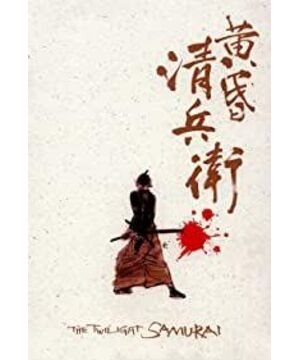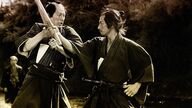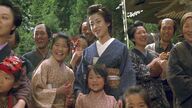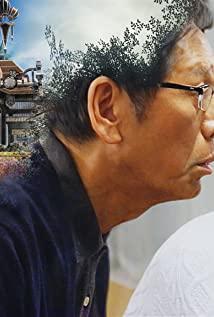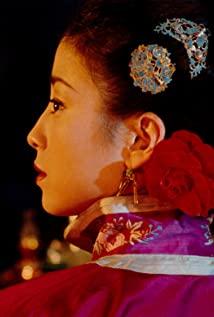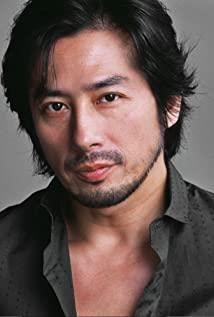Qingbingwei was a samurai with a monthly salary of fifty stone. The crazy mother and the lovely daughter are everything in his life. His wife is dying, but he can't figure out how to live. How can the life of fifty stone salary be worth living?
Qingbingwei worked very hard, and everything had to continue before he reached the point of starvation. Selling knives to bury his wife is a man's responsibility to buy the life of a prostitute with spiritual support. When weaving the worm cage, my daughter sang the Analects of Confucius. It was an era of reading the Analects, and it wasn't too bad. Qingbingwei knows what the word survival means, and his daughter will eventually know that sometimes life is survival.
A woman can bring vitality to life. That is not the loneliness that Kiyobei said, it is hope. The problem with Tomie and Kiyobei is that it's too perfect, an apocalypse, with a perfect samurai family, it forces you to appreciate the twilight, which is the allure of this movie. Pengjiang, a woman who makes ordinary people toss and turn, but no samurai, Qingbingwei can't share the hardships of life with others, but when he is at the last possible moment, he will toss and turn, he told himself that if he passed this Guan, the woman was waiting for him, he had to pass.
Zaemon and Qingbingwei, on the one hand, are the grace of knowing, and on the other hand, they are ordered by the vassal. On the other hand, their hair is disheveled, and they are waiting for plastic surgery. Courageous, they are very similar, one ends up beside her daughter's bones, the other disappears into the fire of war, the duel of knives stands up, and the duel of guns hides. When it comes to death, the two are equal.
Although it is a movie from a neighboring country, I see many shadows of China. It is a memory for the Japanese, but it is a metaphor for the Chinese.
View more about The Twilight Samurai reviews


